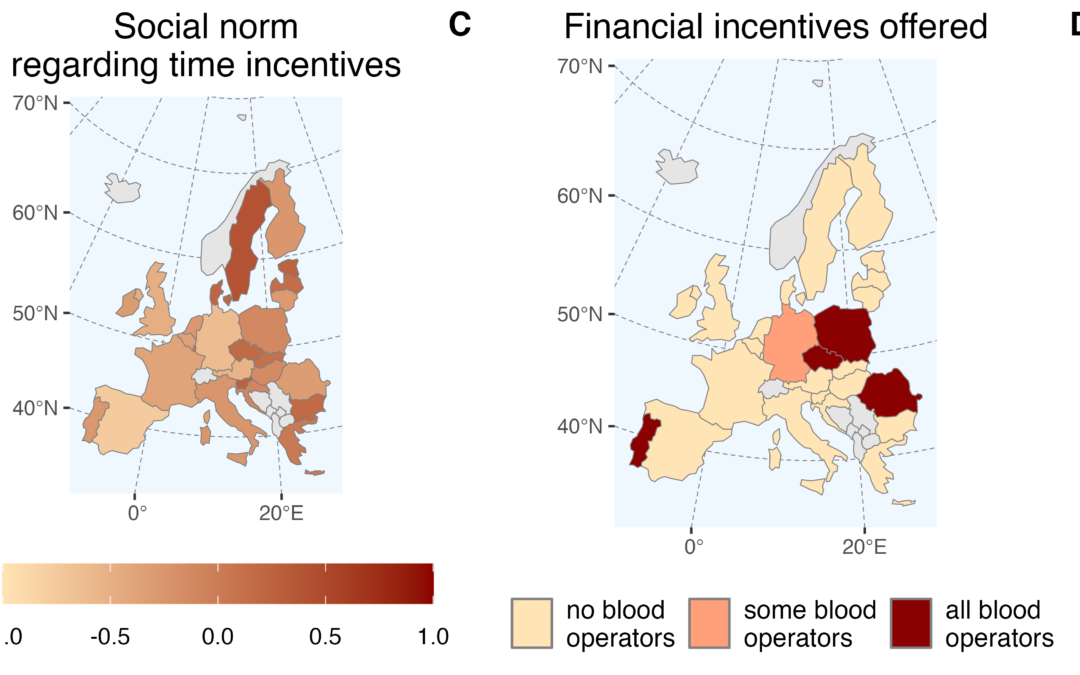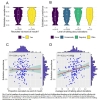Classical economic theory has posited offering incentives – through monetary or nonmonetary extrinsic rewards – is a promising strategy to encourage prosocial behavior. However, results from empirical research on the effect of incentives on prosocial behavior are mixed. While some studies provide evidence for a positive effect of incentives and prosocial behavior, results from other studies are less conclusive and, in some cases, imply providing incentives may even reduce a person’s prosociality. Can these inconsistencies be explained by social norms?
In a new article published in the Journal of Economic Behavior and Organization, Caroline Graf, Bianca Suanet, Pamala Wiepking, and Eva-Maria Merz investigate this question. In a nutshell, the authors propose that incentives may have negative effects if they are perceived negatively by the population (that is, when there are negative social norms). On the other hand, incentives may have positive effects on prosocial behavior if they align positively with existing norms. The authors empirically tested this idea on the real-world prosocial behavior of blood donation using large-scale survey data of more than 25 000 individuals from 28 European countries.
Both the incentives offered and social norms regarding these incentives (i.e., how acceptable receiving a certain incentive for donating blood is viewed in a given country) varied widely across countries. Further analyses revealed that norms could indeed account for the varying effects of different types of incentives on individual-level blood donation behavior. Incentives are associated with higher levels of prosociality when norms regarding the incentive are more positive.
In sum, the findings suggest that incentives can encourage prosocial behavior, if the specific kind of incentive is found to be acceptable in a given society.


